IBFAN emphasises that breastfeeding is the norm: it is the gold standard and protects the health of all infants everywhere, especially during this vulnerable stage of early child development. Artificial feeding using breastmilk substitutes and feeding bottles and teats (nipples) is a deviation from this norm. It can involve serious health risks and extra precautions should be taken when preparing, storing and handling feeds and selecting feeding utensils.
IBFAN works to provide information to product users so that they can make informed decisions in infant feeding, and to inform parents and caregivers about potential risks in artificial feeding.
IBFAN does not provide individual advice and counselling about methods of artificial feeding, nor do we ever recommend products. Parents should ensure that they take impartial advice from health care providers who are independent of the baby food industry.
-
-
Tragedies of Infant Formula and Sub-optimal Breastfeeding, M Q-K Talukder, Nazneen Akhter Banu, Khurshid Talukder -
Risks of contamination -
Environmental impacts
